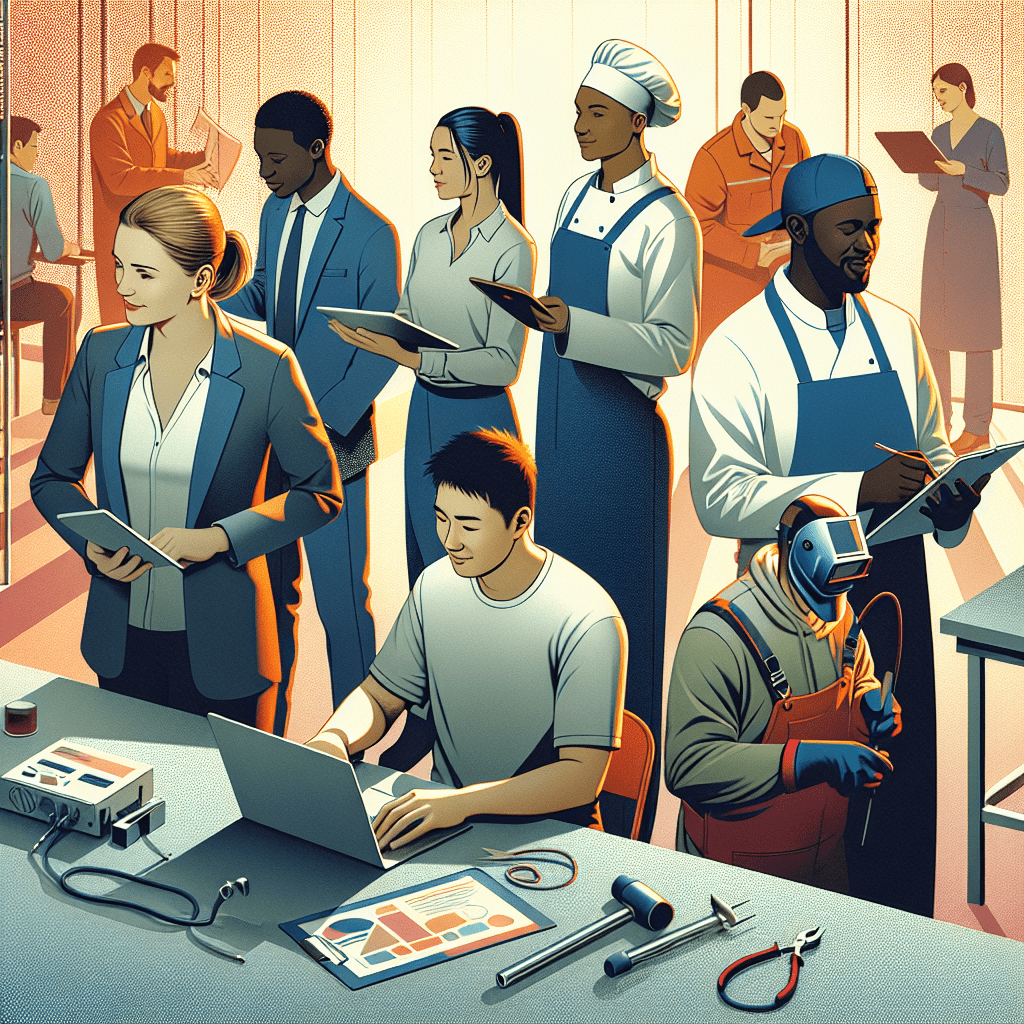
Rethinking Skills Development: Beyond the Tickbox Mentality

Think Skills Development is Just a Tickbox Exercise? Think Again!
Let’s get straight to the point: if you believe skills development is a mere tickbox exercise, it’s time to rethink your approach. Skills development is vital for both personal growth and organisational success. The recent Skills England report paints a sobering picture of the challenges we’re wrestling with in the UK workforce today. As businesses, we can’t simply fill roles with bodies; we need genuinely talented individuals equipped with the skills our industries require.
What’s the Real State of Skills in the UK?
The report reveals a widening skills gap that should be alarming to all of us. Think about it: how can any business thrive if the talent pool lacks the essential capabilities? The gap isn’t just a statistic; it’s affecting productivity, innovation, and ultimately, our economy. Companies are struggling to find individuals who meet the ever-evolving demands of their sectors. This isn’t just about hiring the right person; it’s about creating a workforce that can adapt and excel in a rapidly changing landscape.
We can’t afford to approach skills development with a one-size-fits-all attitude. Every role has its requirements, and the needs of today’s market are increasingly complex. So, what can we do? Here’s where the real conversation starts.
Collaboration is Key
A massive takeaway from the Skills England report is the undeniable need for collaboration between education and industry. We must come together to shape curricula that genuinely reflect the demands of the job market. It should be a two-way street; educational institutions must know what skills are required from their students, while businesses need to be open to discussing the critical skills gaps they face.
But how do we achieve this collaboration? It starts with dialogue. Educational leaders and business owners should engage regularly to share insights and address the changing landscape. For instance, how often have you met with local universities or colleges to discuss potential partnerships? The more we work together, the more we can enrich the very learning experiences that prepare our next generation of workers.
Embrace Continuous Learning
Another pressing point raised in the report is the importance of continuous learning. The pace of change in our world is relentless. Technologies evolve, industries shift, and customer preferences morph overnight. If we are not committed to enhancing our skills on a continuous basis, we risk being left behind.
This is where the attitude towards learning becomes crucial. Embracing a culture of ongoing skill enhancement within your organisation can be a game changer. Encourage your employees to seek out new training opportunities. Create mentoring programmes or offer resources for employees to pursue further education. When people feel that growth is encouraged, they are far more likely to invest in their own development.
A Personal Insight
Speaking from experience, I’ve found that proactive approaches often lead to tremendous results. A few years back, I spearheaded a small initiative at one of my companies to encourage team members to mentor each other. What started as a simple programme blossomed into a community of learners who not only shared skills but also formed a deeper connection with each other. It showed me that investing in people isn’t just good for business—it’s good for morale, too.
How Will You Tackle Skills Development?
The future of our workforce—yours and mine—depends on how we confront the skills challenge today. It’s a shared responsibility. So, let’s discuss this: how are you planning to tackle the skills development issue in your organisation? Are you ready to move beyond the tickbox mentality and create a strategy that truly invests in people’s growth? I’d love to hear your thoughts and experiences.
In the end, we all want to succeed, don’t we? Let’s ensure that the skills we develop today shape a better tomorrow for everyone.
Looking forward to your thoughts!
Keywords: skills development, continuous learning, workforce, skills gaps, education and industry, collaboration





